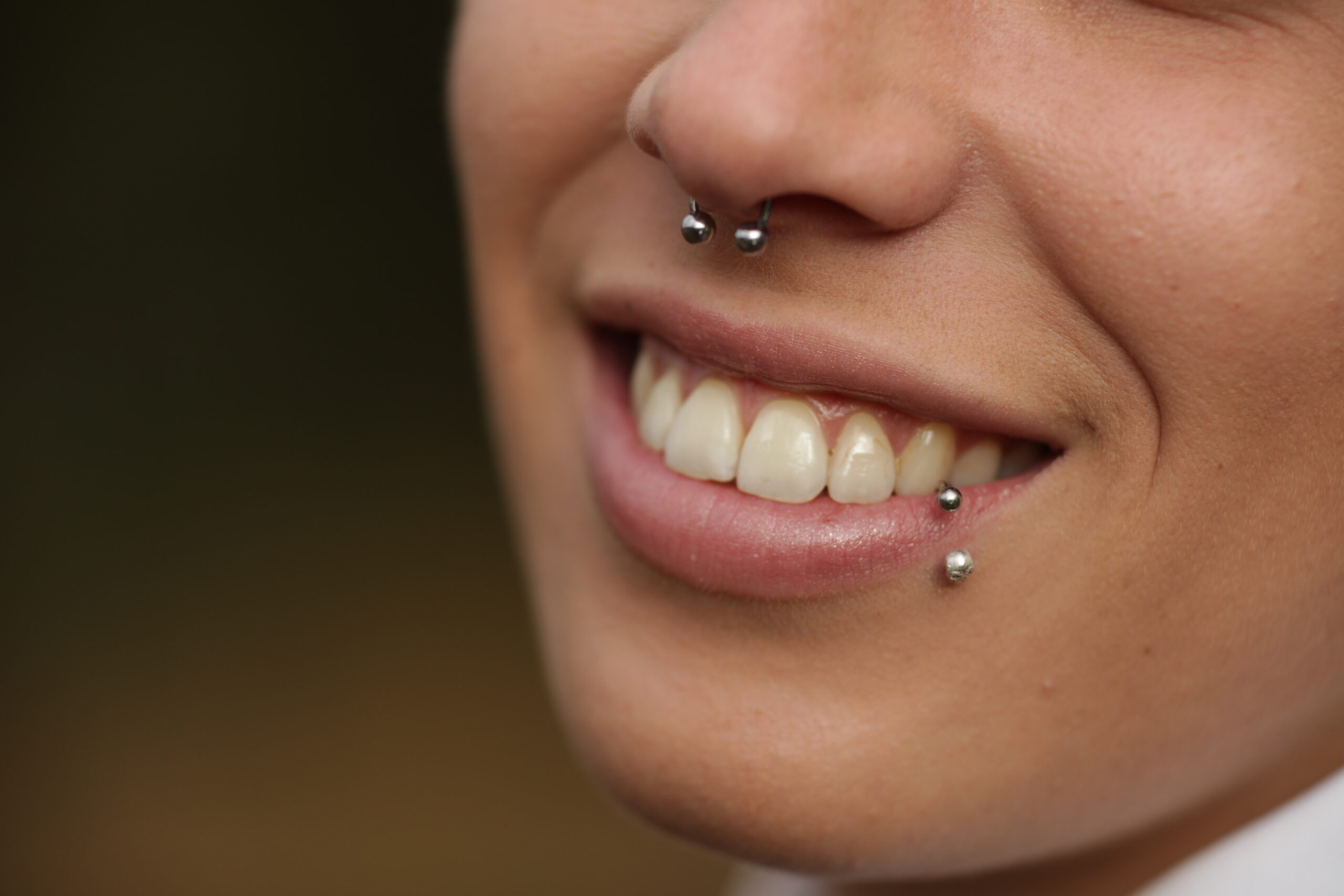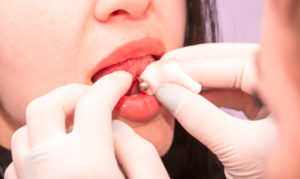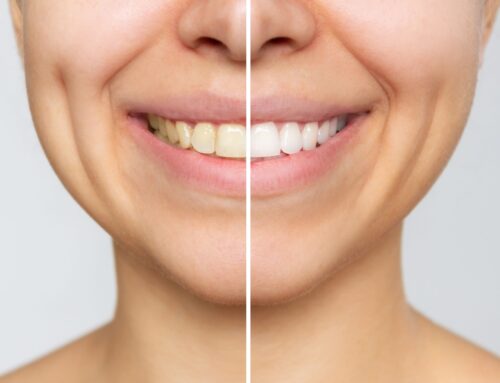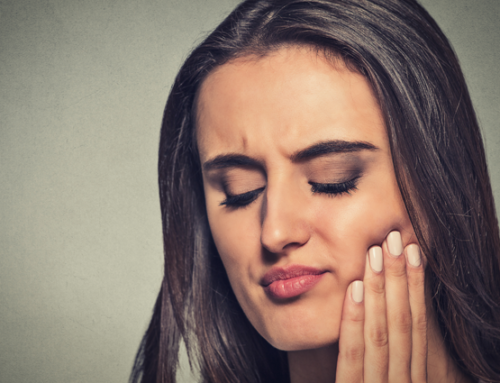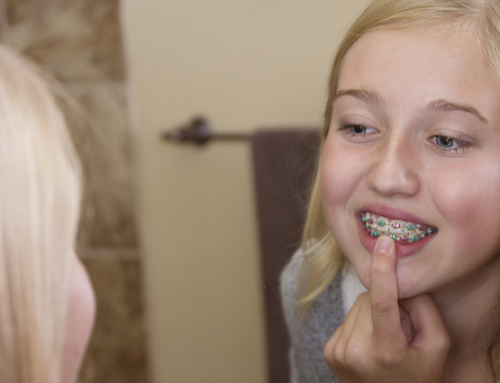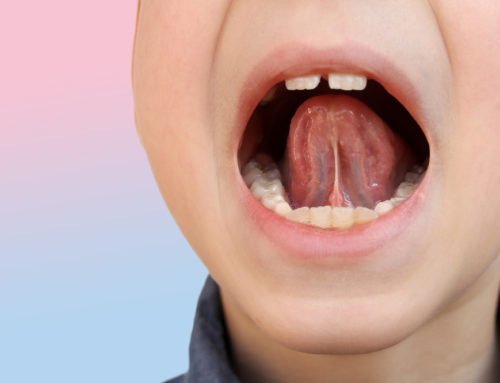The Negative Effects of Oral Piercings
Facial piercings have become much more of a trend over the past couple of decades. Some people express themselves by having lip piercings or tongue piercings, while others actually have their cheeks or oral frenulum pierced! Unfortunately, mouth piercings can have hazardous effects on your oral health.
The team at Snodgrass-King Dental is here to provide you with insight into the risks associated with lip piercings or any other type of oral piercing.
Chipped/Cracked Teeth
Particularly with tongue piercings, one of the biggest concerns is chipped, fractured, or even cracked teeth. Tongue jewelry can severely damage teeth, sometimes by even damaging or completely removing fillings! Just by talking, sleeping, or chewing, the jewelry can irritate or pick away at your teeth’ enamel.
Infections
Infections are another source of concern when getting piercings in and around the mouth. Every mouth is loaded with bacteria, and a swollen piercing can increase the chances of bacteria turning into a full-blown infection before you know it. An infection could also be caused by an allergy to the metal or jewelry used.
Pain and swelling are almost inevitable when getting a new piercing, but further… the tongue has many blood vessels and can lead to heavy bleeding if pierced in a bad spot. You could also more easily be at risk of blood-borne diseases! As you can see, it’s not like the kind of swelling you might get from braces, it’s way more serious.
If the piercing doesn’t heal well, bacteria can enter your bloodstream and cause serious problems. The likelihood of this happening increases if you don’t take care of the piercing material.
If you do decide to get an oral piercing, you should be very careful about choosing where to get it. Should you receive a piercing from someone who does not follow best practices, you could be exposed to dangerous infections like hepatitis, tetanus, or tuberculosis.
Gum Damage
In the case of lip rings or cheek piercings, the jewelry may rub against the teeth. But in addition, the gums can experience rubbing, which leads to receding gums and further damage. For adults, a major form of tooth loss is periodontal (gum) disease.
Once gums begin receding, there’s no going back. The sensitive dentin protected by the gum line will then be exposed and cause pain, tooth decay, and nerve damage. The only way to fix this problem is with expensive crowns and root canals.
Endocarditis
Did you know that oral piercings could lead to the inflammation of the heart valves and tissue? Yikes!! This serious issue is known as endocarditis.
Specifically, endocarditis is an infection of the inner lining of the heart chambers and valves. This happens when bacterial and other germs travel to the heart from another part of your body through your bloodstream.
Once these germs reach your heart, they begin eating away at the inner linings, and will cause serious damage if left untreated. Read more about this serious condition if you’re considering an oral piercing.
Common Questions About Oral Piercings and Teeth
Here are some answers to common questions regarding oral piercings.
Can You Have Oral Piercings With Braces?
Although you can technically get piercings while wearing braces, it’s typically not recommended. Lip or tongue piercings can bump into your braces or otherwise hurt your teeth. Aside from that, oral piercings are generally an unnecessary risk. Piercings increase your chances of infection, nerve damage, chipped teeth, and much more.
How To Prevent Tooth Damage With A Tongue Piercing?
The most important thing to do is to follow all of the post-care directions for taking care of your piercing. Keep the area clean, and watch out for signs of an infection. If you notice anything off, immediately consult a specialist. Additionally, it’s also a good idea to avoid playing with the jewelry and try not to let it bump your teeth. Pay particular attention when playing sports or participating in other activities that may cause injury to your mouth.
Are Tongue Piercings Bad For Your Teeth?
Yes. Piercings are typically made of a harsh metal material that can damage your teeth. Biting down hard at the wrong moment can cost you a chipped tooth or worse. Oral piercings also run the risk of infection, which can spread to various parts of the mouth and do additional damage.
Do Lip Piercings Ruin Your Teeth?
Although they won’t necessarily ruin your teeth, they do make oral health problems more likely down the line. Chipped teeth, irritation, and infections are all possible complications of oral piercings. According to the ADA (American Dental Association), oral piercings can lead to “gingival recession, embedding or aspiration of jewelry and other potentially severe infections, such as Ludwig’s angina or infective endocarditis”.
When Do Tongue Piercings Go Wrong?
The first step in taking care of your piercing is doing due diligence when looking for a piercing parlor. It’s important to find a reputable business and ask about their cleaning procedure. Make sure that the business sanitizes all of its tools before each client. The next most important thing is to follow all post-care instructions. Keep the area clean and rinse your mouth out regularly after meals. Tongue piercings can go wrong if you don’t follow after-care instructions, however, and allow the wound to get infected. Make sure to consult a medical professional if you do notice anything off.
Some important questions to ask yourself before you move forward with a piercing are…
- Do I really need this piercing, and is it worth the risk to my oral health?
- Did I select a good place to get my piercing done? Are they sanitary, and do they do due diligence?
- Did I consult with my dentist or oral health specialist regarding my decision?
Do All Lip Piercings Damage Your Teeth?
Not all lip piercings are guaranteed to damage your teeth, but they do increase your chances of developing an oral health problem.
Is It Worth The Risk?
If you previously had any dental work done to help your gums or correct teeth, why put something in your mouth that may disrupt or negate all of that work? Is it worth the possibility of gum disease, hepatitis B and C, or uncontrollable bleeding for a jewelry statement? Speech impediments are a known side effect, as well as nerve damage! The American Dental Association advises against oral piercings because of all the risks associated. If you’d like to know more about oral health and the impact that it has on your body, check out some of our other blogs.
Are you or someone you know dead-set on getting an oral piercing? Make sure that the piercer is licensed and experienced, as well as works in a clean, reputable shop. It is extremely important to also take good care of your mouth and overall health. Just to be safe, schedule your next appointment with us this holiday season. Or give us a call if you have any questions or concerns about the state of your oral health.


